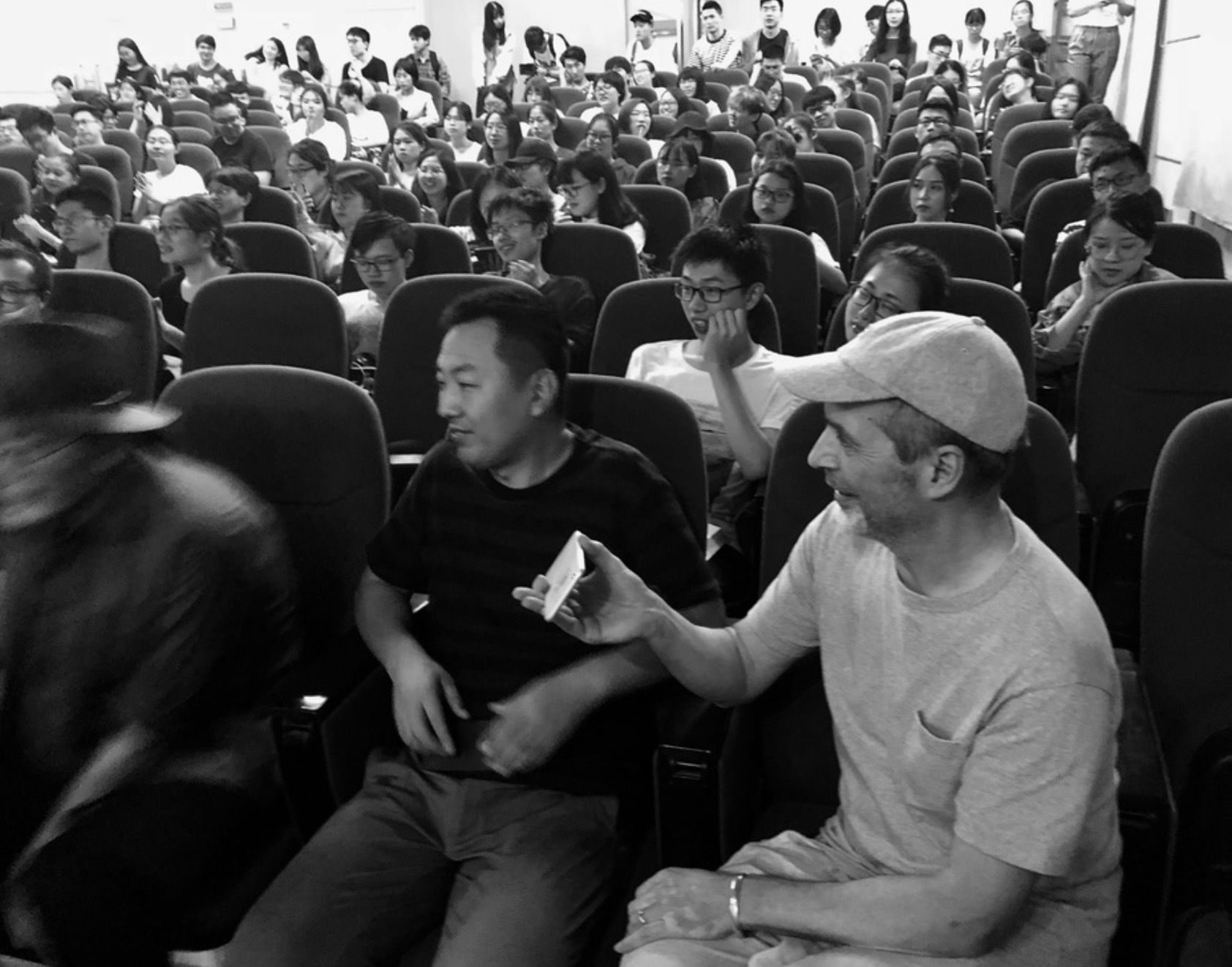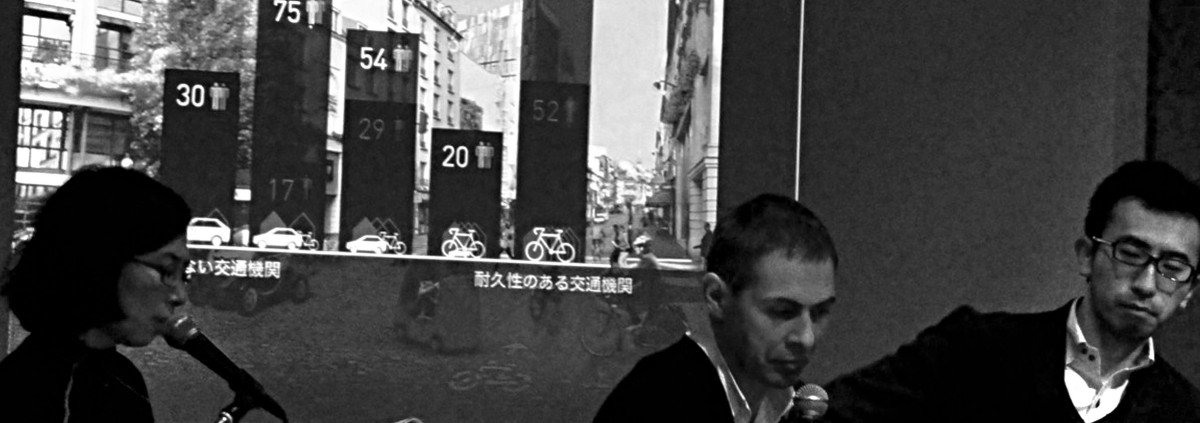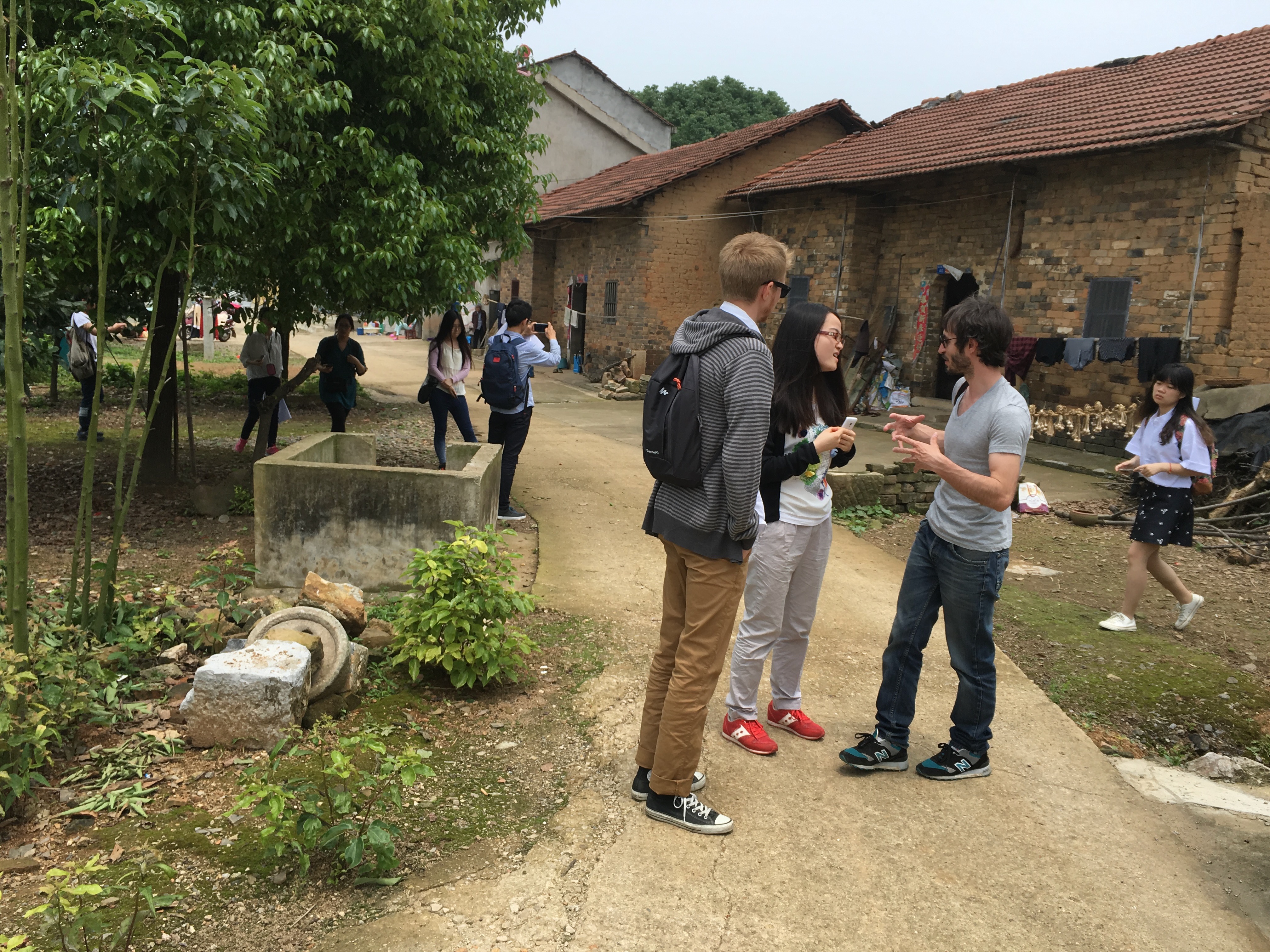In today's rapidly evolving world, the principles of open urbanism and the vibrant interaction between experts and residents stand at the forefront of an ethical ecological transition. This masterclass, tailored for universities, embarks on an inspiring journey to explore how these principles can be intricately woven into the fabric of our cities and communities, fostering a sustainable and inclusive future for all.
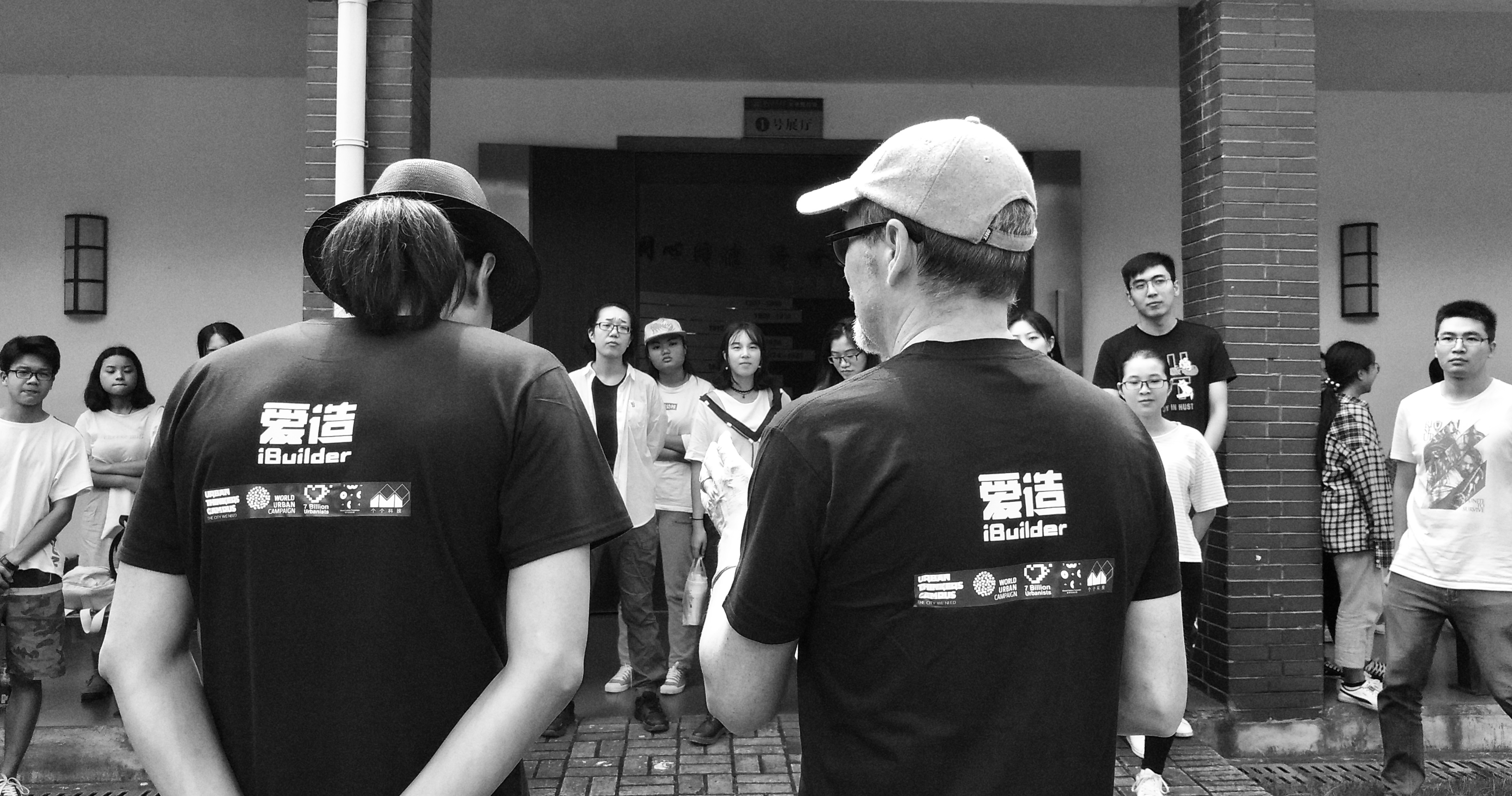
Training Summary
- What > Training for higher education and universities on open urbanism, theory, and practical application
- Objective > To reflect on the ecological transition of territories using civic-techs in public spaces with residents
- Audience > 10 to 30 students in urban planning, architecture, landscape, engineering, also open to sociology, journalism, computer science, art schools.
- Format > 5 to 8 intense days
- Content > Free software culture, testing of free civic-techs, strategic applications on issues and territories brought by participants.
- Validation of Learning Outcomes > Based on presentation and dossier tracing the approach and project.
- After the Training > The methods and digital tools are freely usable by schools and universities
INITIATORS / CONTRIBUTORS Foundation for Open Urbanism, Free IT Foundation, HOST-Lab / 7 Billion Urbanists Network, Unlimited Civic-techs.
Training Objective
Theoretical and practical approach to open urbanism, initiated through the exploration of complex issues by educators and researchers. Co-creation of frameworks where students are placed in real-world scenarios, employing civic-tech in public spaces alongside residents.
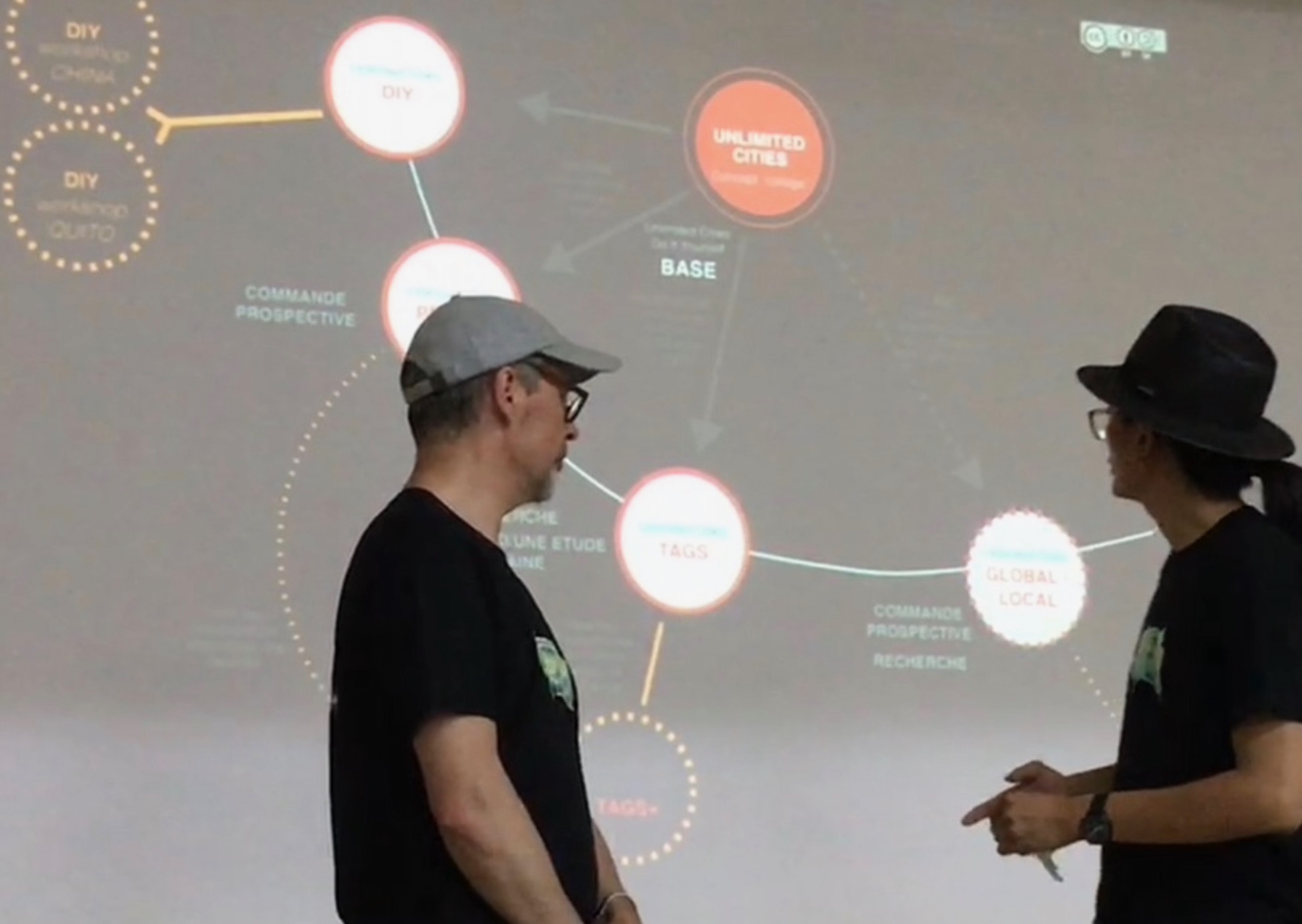
Why This Hands-On Masterclass?
Today, the wave of contributory dynamics has reached urbanism and territorial transformations. Professional approaches must now incorporate expert knowledge of collaborative processes like civic-tech to successfully navigate the ecological transition of territories alongside civil society. The engineering of collective intelligence, established nearly 40 years ago through free software, has led to collaborative successes such as Wikipedia and GNU/Linux, the server language that powers the internet. Over the past decade, members of the foundation's network have drawn inspiration from the fundamentals of free software to construct and test reasoned collective intelligence approaches for the benefit of territories.
Unique Features of the Masterclass
- Explanation of the transfer of free software culture to urbanism
- An international as well as hyperlocal approach
- Territory-specific issues brought by professors
- Use of civic-techs in both back-office and with residents
The foundation's training programs are crafted from case studies across diverse territories; villages, rural areas, sprawling cities, medium-sized towns, challenging urban quarters, and metropolises. They are based on innovative experiments and analyses conducted by the foundation's network since 2010 in Europe, Asia, and South America.
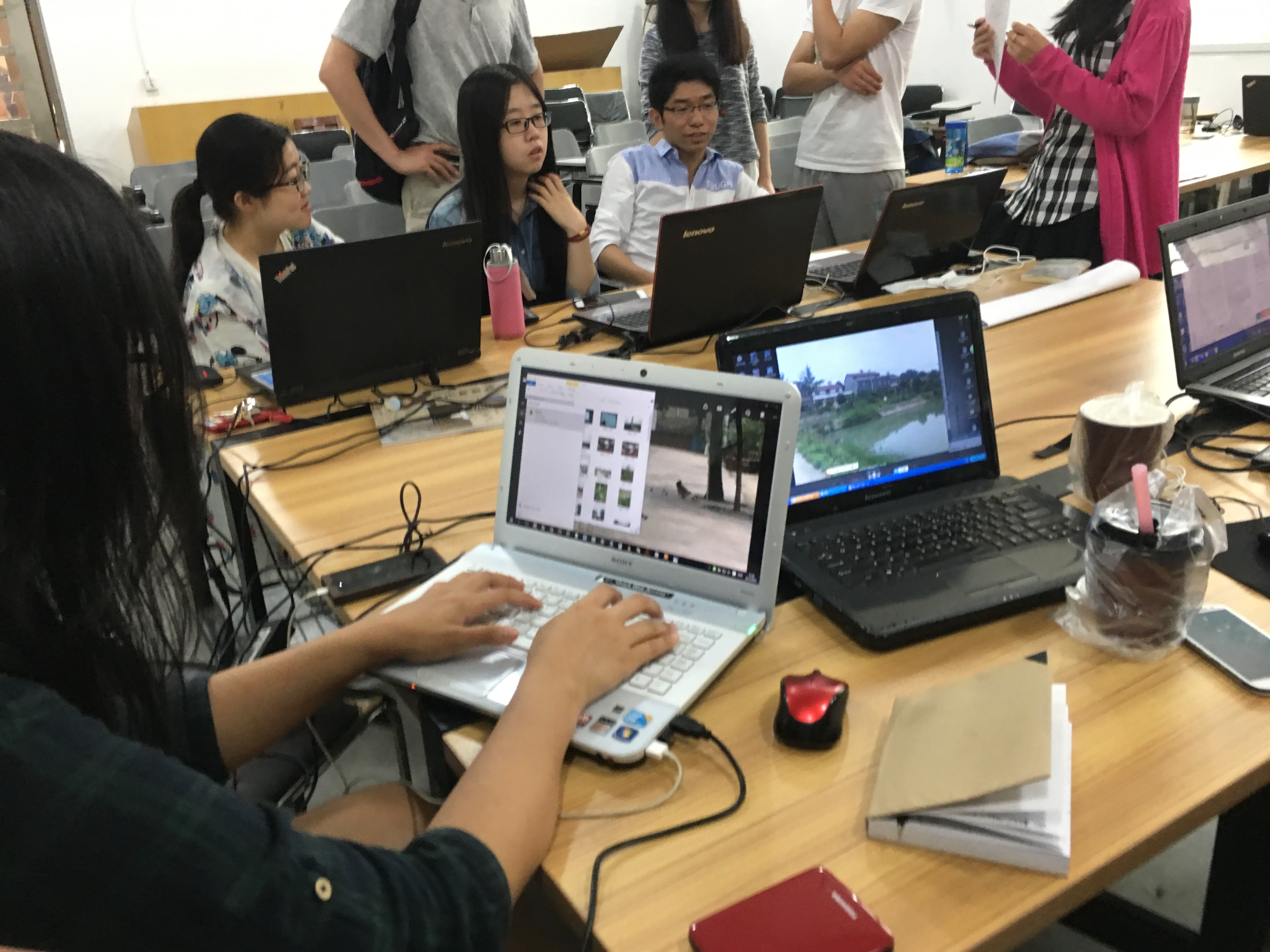
Educational Contributions
Public policies and urbanism are evolving to meet the challenges of climate transition. The realm of civic-techs, still experimental not long ago, becomes crucial for the new design of public policies and urbanism that aligns with societal demands. The training enables students to grasp open urbanism initiatives and to wield civic-techs of collective intelligence. Far from being passive towards technologies, students learn to understand, use, deploy them with residents, and develop critical reflections to enhance them.
Audiences and Countries
The masterclass is conducted in workshop form lasting about a week (5 to 7 working days), organized with teaching researchers within universities. Open to urban planners, landscape architects, sociologists, engineers for territory, and more, as students from journalism, computer science, and art have also participated. Students (10 to 30) can be at the beginning, end of their learning cycle, or young professionals.
The masterclasses are delivered worldwide, with English as the language of exchange. Where possible, geographically closest members of the international network of the foundation lead the workshops.
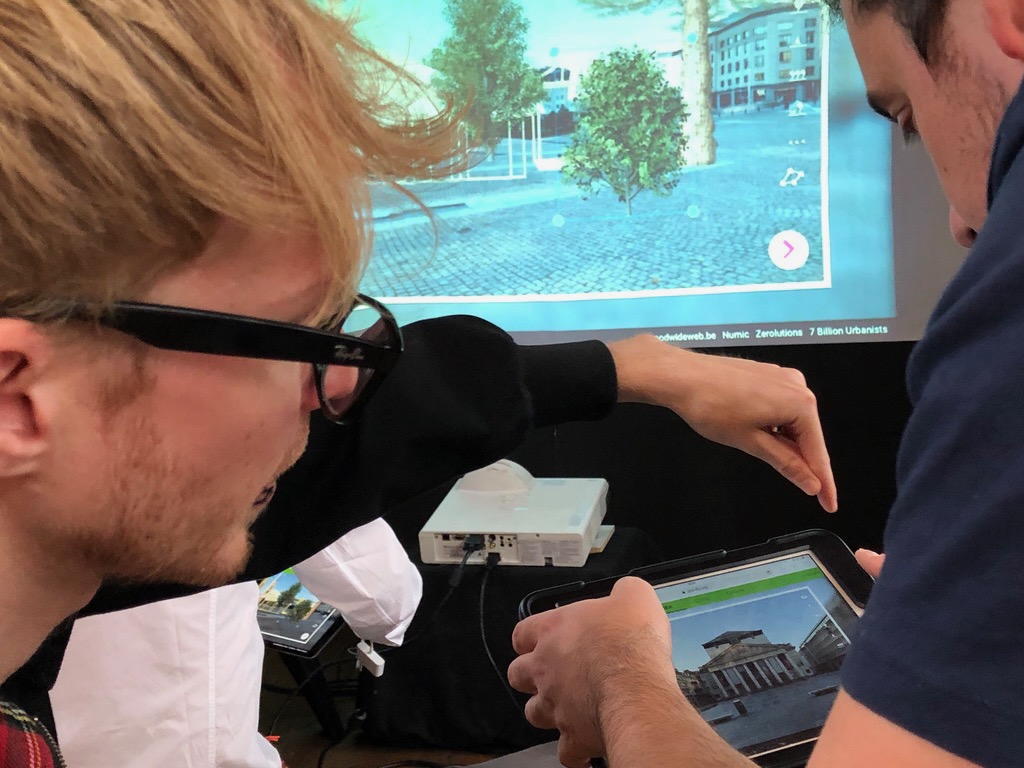
Format
This generic format, spread over 7 days, can be freely modified based on pedagogical options and contexts. It has been successfully adapted with minor modifications across Europe, Asia, Africa, and South America, spanning 5 to 8 days.
- Day 1: Context - Introduction to open urbanism practices by the HOST lab / theoretical practical critique. Professors and students present a complex territorial issue (workshop subject). Evening, night / Testing of free civic technologies by students.
- Day 2: Emergence of Contact Strategies - Group formation. Students devise, imagine, and present initial open urbanism strategies on the university's subject. Professors, the Host lab, and students enhance initial thoughts. Groups finalize strategies.
- Day 3: Preparation of Civic Technologies - Groups adapt civic technology content for their projects. Selection of content, reflection on categories, tag typologies if necessary, etc. Overnight, the host lab's coders integrate the students' work.
- Day 4: Critical Feedback on Initial Contacts with Civil Society - Students engage with residents. End of day. Immediate debriefing. What was interesting, irrelevant, overlooked.
- Day 5: Strategy Revisions Based on Resident and User Feedback - Reflecting on resident reactions. Strategy improvement by integrating new understandings. Return to residents, communities, or collectives if possible.
- Day 6: Reflective Work - Presentation of the "week's travelogue" including; review of used methods, strategy evolution, project directions.
- Day 7: Presentations to Civic and Citizen Institutions - Micro-exhibition if possible. Students present projects. Audience includes political authorities and professionals.
Evaluation of Learning Outcomes
Students form groups of 2 or 3 to develop their approaches and projects. Each group makes a presentation at the workshop's end and submits a multi-part dossier.
- Personal workshop experience and evaluation
- Discussion on open urbanism vs. conventional urbanism
- Critical discussion on civic technologies used
- Project choice explanation
- Imagined approach and its evolution based on public interaction
Presentations are evaluated by professors.
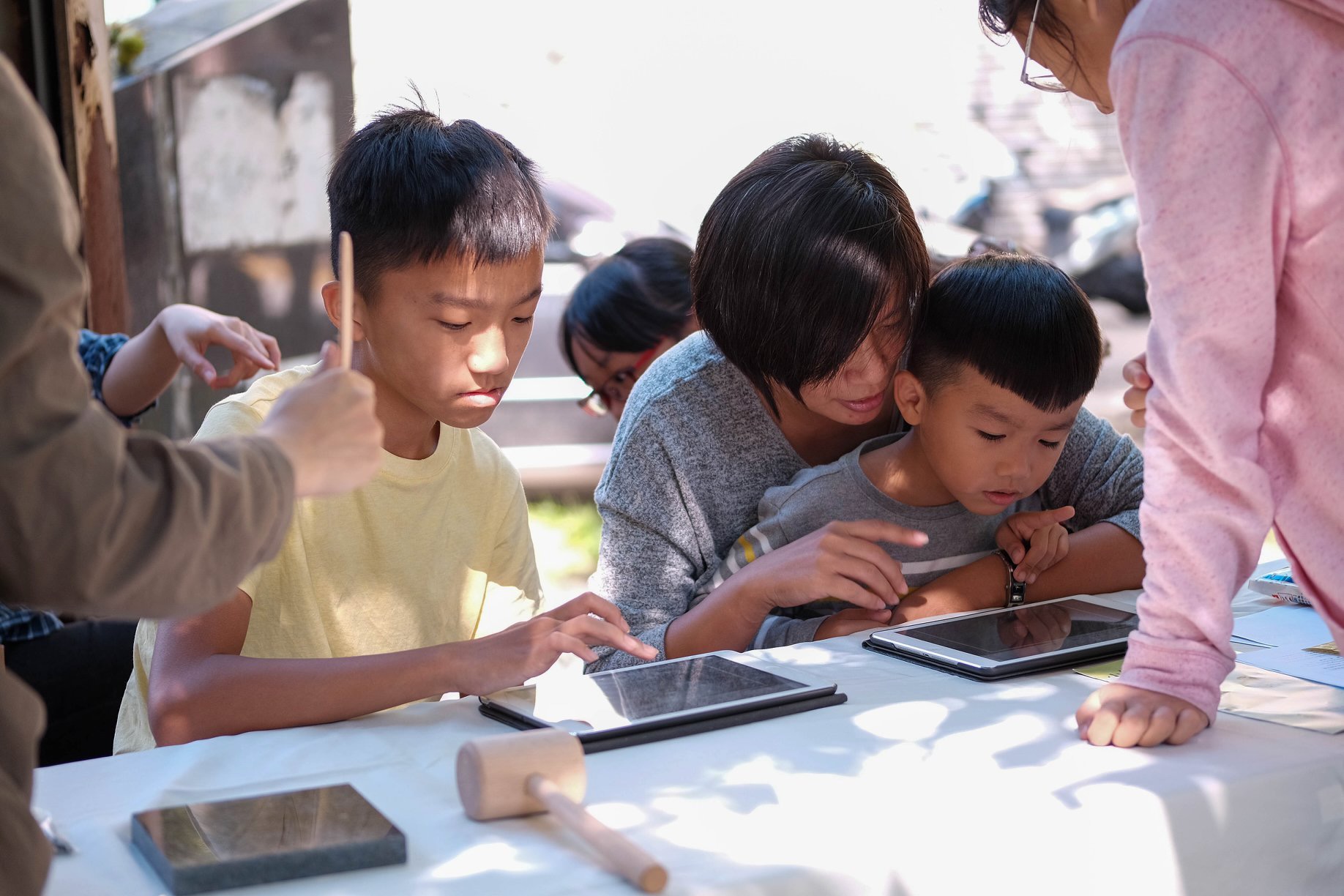
After the Training
Sharing Knowledge - A crucial point for participants at the workshop's end is the importance of mobilizing their expert knowledge in balanced dialogue with civil society, political authorities, and municipal technicians.
Sharing Workshop Results - It's easy for the participant core to share their work with other students or externally through publications or exhibitions, as the tools of visual collective intelligence produce thought-provoking representations.
Using and Co-producing Commons - Finally, professors can replicate, duplicate, transform the masterclasses for future sessions autonomously. By mobilizing computer science schools, they can also co-author future software versions.
